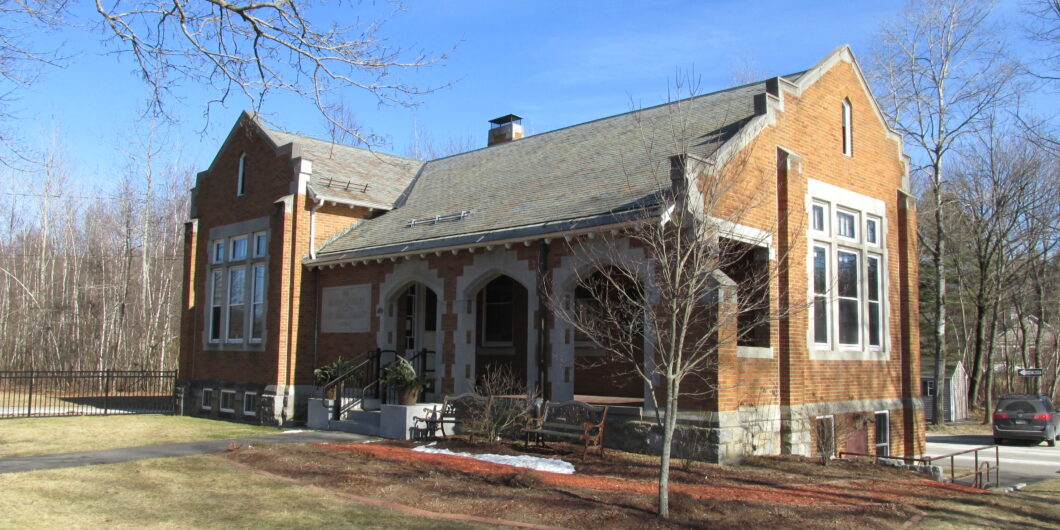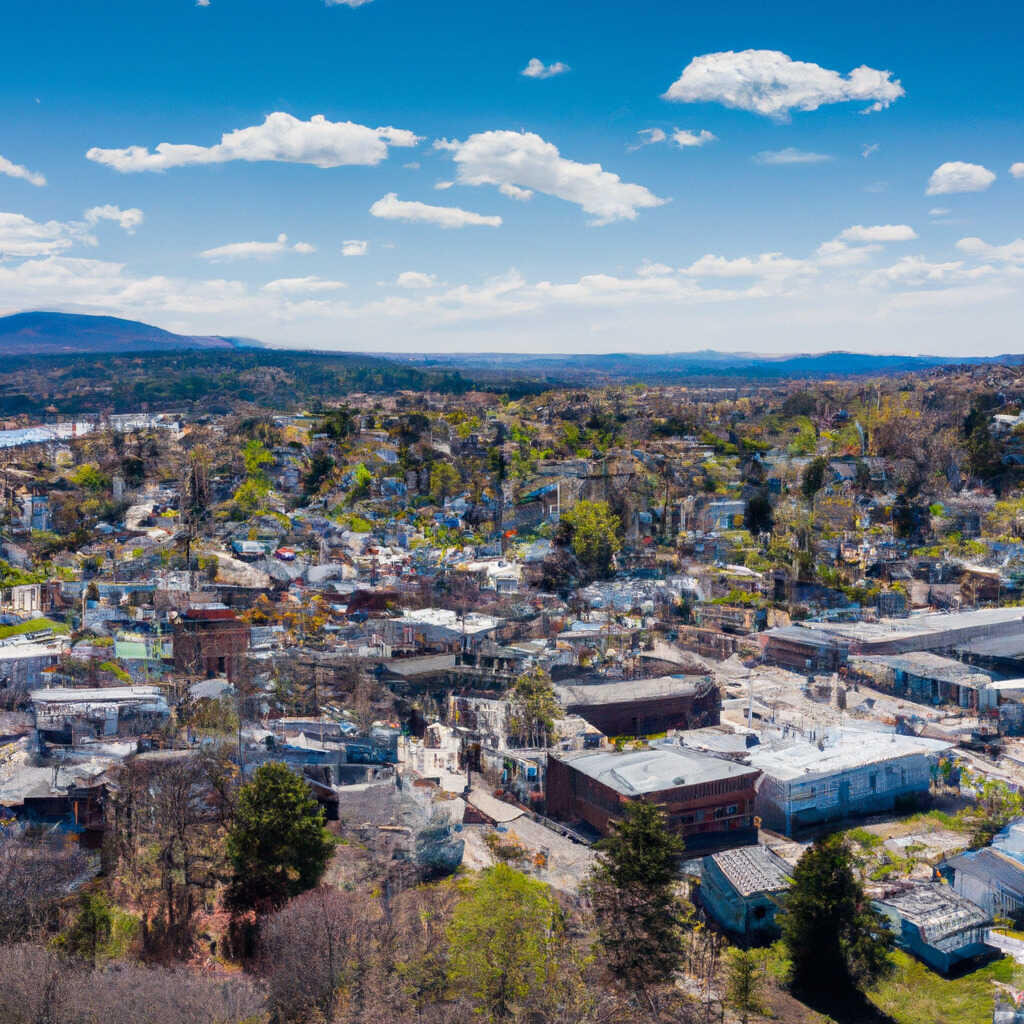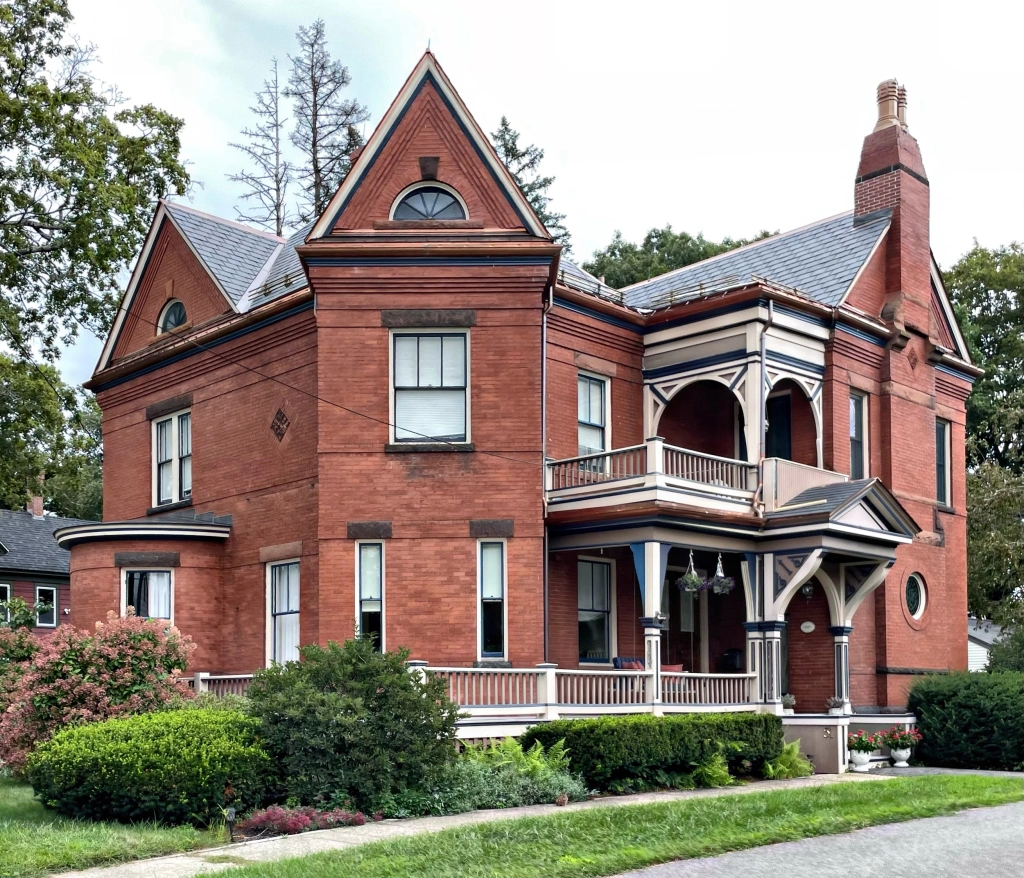Dive into The Fascinating History of Litchfield

Welcome. You’re here to feel the heart of The History of Litchfield. You’ll find roots, growth, transformation, and real estate insight. You’ll see how this town matters to buyers like you.
1. Opening Roots: A Warm Native Start
Long before homes and roads, the Abenaki people lived here. They fished, farmed, and thrived near the Merrimack River. Over 30 ancient Native American sites show their presence. Artifacts thousands of years old still tell their story.
Then came colonial times. In the 1600s, Litchfield was part of a large town called Dunstable. The land was first called “Naticook.” That name was used before settlers arrived.
2. From Naticook to Brenton’s Farm
In 1656, William Brenton of Rhode Island received much of this land. By 1729, the area was known as Brenton’s Farm.
Then, on July 4, 1734, people formed their own town. It was part of Massachusetts back then. They held their first town meeting on July 29.
By June 5, 1749, the town shifted into New Hampshire. It was then named Litchfield, after the Earl of Lichfield.
3. Farmland and Ferry Life
Litchfield stayed mostly farmland for decades. It didn’t form a big village center. Yet, a quiet but steady life grew.
The Merrimack River was the lifeline. Ferries like Thornton’s Ferry and Reid’s Ferry connected people and goods.
Then came the railroads. When the Concord Railroad went through Merrimack in 1842, Litchfield missed out on big business growth.

4. Courthouse, Green, and Cultural Center
In 1751, Litchfield became county seat. A courthouse was set up. A village green formed too. It once served as common pasture and meeting ground.
That green would evolve into a community gathering space. After the Revolutionary War, it became a parade ground. In 1836, Litchfield turned it into a proper town park.
Throughout these changes, the town hall and meeting house stood as pillars. The Old Town Hall, built in 1851 from an earlier meeting house, still stands today. It hosts the Historical Society.
5. A Quiet Decline and Gentle Revival
By the 1830s, both schools closed. The law school ended in 1833. The female academy also faded.
Yet Litchfield lived on. It kept its quiet, farmland charm. Life turned slower. Few big changes took place.
Then, in the 1970s, the town began growing again. People sought peaceful lives near Greater Boston. Litchfield became an exurb, a bedroom community.

6. Modern Litchfield: Community, Parks, and Real Estate
Today, Litchfield is a vibrant, growing town. It’s perfect for families and investors alike. Its open spaces, parks, and strong schools draw homebuyers.
Parks like Roy Memorial Park and Litchfield State Forest invite nature lovers. Conservation areas like Parker Park and Moore’s Falls add charm.
Historic landmarks add character. The Gothic‑Revival Litchfield Presbyterian Church (1844), Greek‑Revival Town Hall (1851), Colonial Revival school, and early fire station shine along Route 3A.
These sites enrich real estate value. Buyers feel history, character, and authenticity in every street. A home here is more than bricks—it’s part of a story.
7. Why Real Estate Professionals Love Litchfield’s Story
For real estate agents, The History of Litchfield is a powerful selling point. Buyers want more than land. They want roots, story, and connection.
Historic schools, parks, and preserved buildings give each neighborhood emotional appeal. It tugs on the heart, as well as the budget.
Families love the schools. Investors like the stable value. Commuters value peace plus access to Greater Boston. The town’s history is a quiet but powerful magnet.
8. Looking Ahead: Growth with Heart
Litchfield’s past blends with a bright future. Thoughtful development keeps its soul intact. It balances new homes with open space. It honors history while embracing modern life.
Real estate trends favor towns with character and convenience. Litchfield offers both. As more buyers seek meaning in where they live, this town stands out.
9. The History of Litchfield Lives On
That’s The History of Litchfield—from Native roots to modern charm. You’ve seen the land, the schoolrooms, the churches, and the heartbeat.
As a REALTOR, you hold keys to homes, but more: you offer stories. Use this story when you show properties. Let buyers feel the pride and power of investing in Litchfield. This history makes Litchfield more than a place. It makes it a heartfelt home.

Powerful & Emotional: The History of Litchfield Revealed
If you need more info on the History of Litchfield NH, or are ready to sell your house give us a call at (603) 883-8840. We would love to help you find the perfect Litchfield Houses for Sale. You can also sign up for your dream home search or reach out to Our Agents for more information. We’d love to help you with your real estate needs.
